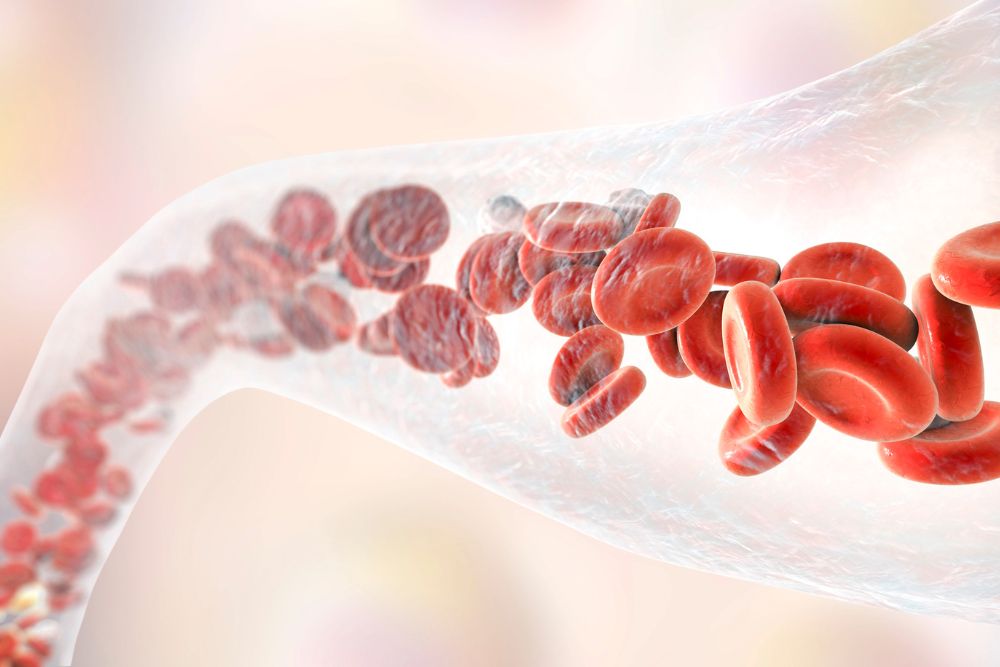Vasculitis refers to a variety of severe conditions that affect the blood vessels. Therefore, it can be challenging to know what to do when you don’t fully understand what you are dealing with.
We will discuss the different types of this condition, its symptoms, and various treatments.
Keep reading for more information.
What Are the Different Types of Vasculitis?
Vasculitis is a condition that occurs when the blood vessels become inflamed. There are many different types, and each one has its own set of causes. Doctors base the different types on the size of the arteries affected – small, medium, and large. Some examples include:
- Large – Takayasu arteritis (TA), Giant cell arteritis (GCA)
- Medium – Kawasaki disease (KD), Polyarteritis nodosa (PAN)
- Small – Microscopic polyangiitis (MPA), Granulomatosis with polyangiitis (GPA)
Vasculitis of the small and medium blood vessels is generally more serious.
Who’s At Risk
Vasculitis can affect anyone, depending on the type. Some medications can increase your risk. Infections, such as Hepatitis B and C, have also been linked to this condition, along with certain immune disorders. Additionally, smoking and drug use can increase the likelihood of getting it. Family history is also another factor.
Common Symptoms
Symptoms vary depending upon which type of vasculitis you have. You may experience pain and swelling in the affected area. You may also have:
- Fatigue
- Difficulty breathing
- Headaches
- Vision problems
- Nausea
- Hearing issues
- Lumps or skin sores
Symptoms can range from mild to severe, and some people never experience any symptoms until the end stages of the disease.
What Causes Vasculitis?
While vasculitis can occur in any type of blood vessel, it most often affects the smaller arteries and veins. Researchers are unsure of the exact cause of vasculitis. It could arise from an allergic reaction or an infection that damages the blood vessels.
In some cases, the inflammation is caused by an autoimmune disease such as rheumatoid arthritis or lupus. Or, it may be the result of an underlying condition, such as cancer or diabetes.
Complications of Vasculitis
Vasculitis is not something to be treated lightly as it can lead to serious health consequences if left untreated, such as:
- Sepsis
- Strokes
- Organ damage
- Heart attacks
- Renal failure
- Gangrene
- Death
Seeking Treatment for Vasculitis
Because of the potentially life-threatening nature of vasculitis, it is vital to seek treatment as soon as possible if you think you may have the condition. Treatment options may include medication, plasma exchange, and surgery. Early diagnosis and treatment can help prevent serious complications and improve your chances of a full recovery.
Our caring staff at Advanced Rheumatology of Houston has years of experience treating various musculoskeletal diseases and immune disorders, including vasculitis. We will properly diagnose your condition, work with you on a treatment, and find the best solution for your pain.
If you live in the greater Houston area, call us today at (281) 766-7886 to schedule your appointment. Your best life is out there waiting for you to live it.



